- Home
- About Us
- Our Process
- Services

Tax Debt Solutions

Specialized Tax Services

IRS Enforcement Actions

Tax Filing & Compliance

IRS Disputes & Audits
- Locations
- Contact Us
Call for Free Consultation

Tax Debt Solutions

Specialized Tax Services

IRS Enforcement Actions

Tax Filing & Compliance

IRS Disputes & Audits
Call for Free Consultation
Say goodbye to IRS late penalty with fast, reliable, and effective tax relief solutions
Check Your Eligibility for Penalty Relief Today!
Find Out If You Qualify for Tax Relief in 4 Easy Steps!
The IRS imposes the late payment penalty when a taxpayer fails to pay their tax liability by the due date, typically April 15th for individuals. This penalty accrues on any unpaid tax balance from the filing deadline until the debt is paid in full. The penalty is generally 0.5% of the unpaid taxes per month or part of a month, up to a maximum of 25% of the owed amount.
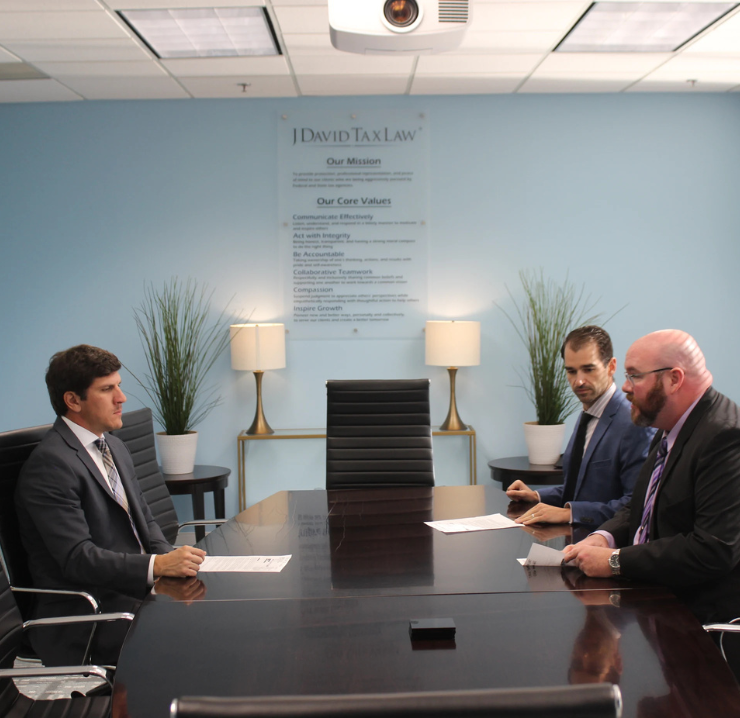
Our tax attorneys thoroughly assess your financial circumstances to see if you qualify for penalty abatement due to reasonable cause, such as illness, natural disasters, or other uncontrollable events. If penalties cannot be removed entirely, we work with the IRS to set up an affordable installment agreement allowing you to pay off your unpaid taxes and penalties in manageable monthly payments.
Don’t let IRS penalties pile up and strain your finances further! Contact J. David Tax Law and take the first step toward penalty relief before the IRS takes action. Time is critical—act now to avoid further interest and penalties.
To qualify for IRS tax penalty relief, a taxpayer must meet specific eligibility requirements. The IRS considers several factors when determining whether a taxpayer is eligible for penalty abatement or reduction.
Reasonable Cause
If you can demonstrate that your failure to pay on time was due to circumstances beyond your control, such as a serious illness, natural disaster, or financial hardship, the IRS may waive penalties. You’ll need to provide evidence supporting your claim.
First-Time Penalty Abatement (FTA)
Taxpayers may qualify for the IRS’s first-time penalty abatement if they meet the following conditions:
You have filed all required tax returns or extensions.
You have paid or arranged to pay any taxes due.
You have no prior penalties for the past three tax years.
IRS Errors
If the IRS mistakenly calculated your penalties or processed your tax returns, you may be eligible for relief. In this case, submitting the correct documentation and proof is critical.
Statutory Exceptions
The IRS may waive certain tax penalties under specific circumstances outlined in tax law, such as military service during a war or qualifying disaster relief situations.
Compliance with IRS Filings
To be eligible for relief, the taxpayer must be current on their tax filings and in compliance with IRS regulations. If any previous tax returns are unfiled, these must be resolved before relief is granted.


We start with a free, no-obligation consultation to understand your unique situation and the IRS penalties you’re facing.


Our tax attorneys evaluate your eligibility for penalty abatement, considering factors like reasonable cause, first-time penalty abatement, or IRS errors.

Once eligibility is determined, we gather and submit all required documentation, including any abatement request forms.

After successful negotiation, we work to ensure that the penalties are either reduced or entirely removed from your account.

We start with a free, no-obligation consultation to understand your unique situation and the IRS penalties you’re facing.



Our tax attorneys evaluate your eligibility for penalty abatement, considering factors like reasonable cause, first-time penalty abatement, or IRS errors.

Once eligibility is determined, we gather and submit all required documentation, including any abatement request forms.



After successful negotiation, we work to ensure that the penalties are either reduced or entirely removed from your account.

Thoroughly Review the IRS Denial Letter
Reapply with Complete Documentation
Negotiate an Installment Agreement
Reassess and Strengthen Reasonable Cause Relief
Yes, our tax attorneys can address multiple IRS penalties simultaneously, whether they involve late filing, late payment, or other tax-related penalties. We evaluate each penalty, determine the best relief options, and work to resolve them in one streamlined process
You may qualify for first-time penalty abatement if:
Need help determining your eligibility? Contact us to see if you qualify for first-time penalty abatement.
Yes, the IRS continues to charge interest on both the unpaid tax and any penalties until the balance is paid in full. This interest accrues daily, significantly increasing your overall debt if left unresolved. Give us a call today to get started on penalty relief.
Yes, being on an IRS payment plan does not disqualify you from seeking penalty relief. We can help you apply for penalty abatement even while making payments. Reducing or removing penalties can lower the overall amount you owe on your plan. Contact our tax attorneys for assistance if you are unsure how to process
Missing the deadline to apply for penalty relief can make the penalties permanent, and interest will continue accumulating. However, our tax attorneys can explore other relief options depending on your situation, including reasonable cause abatement or alternative IRS programs.
Additional Resources

How Much Does a Tax Attorney Cost in New York?
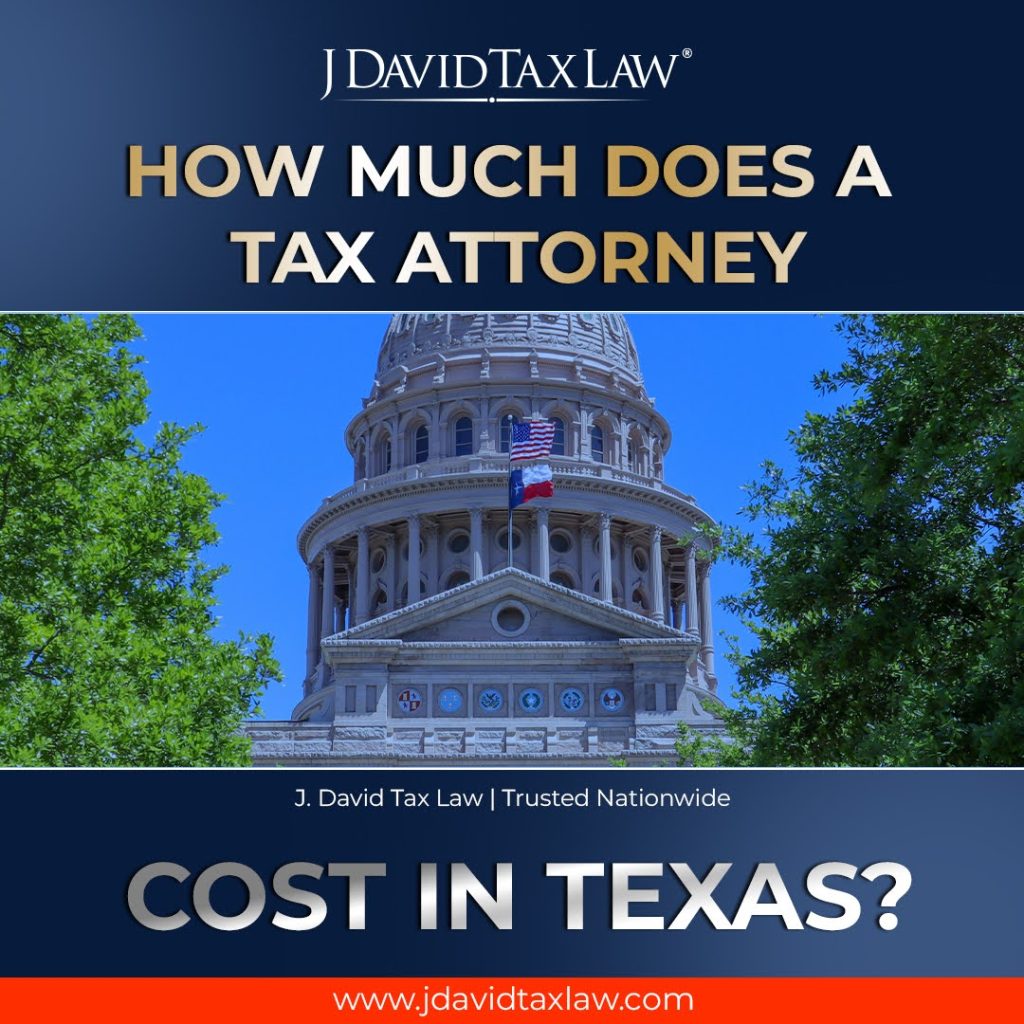
How Much Does a Tax Attorney Cost in Texas?
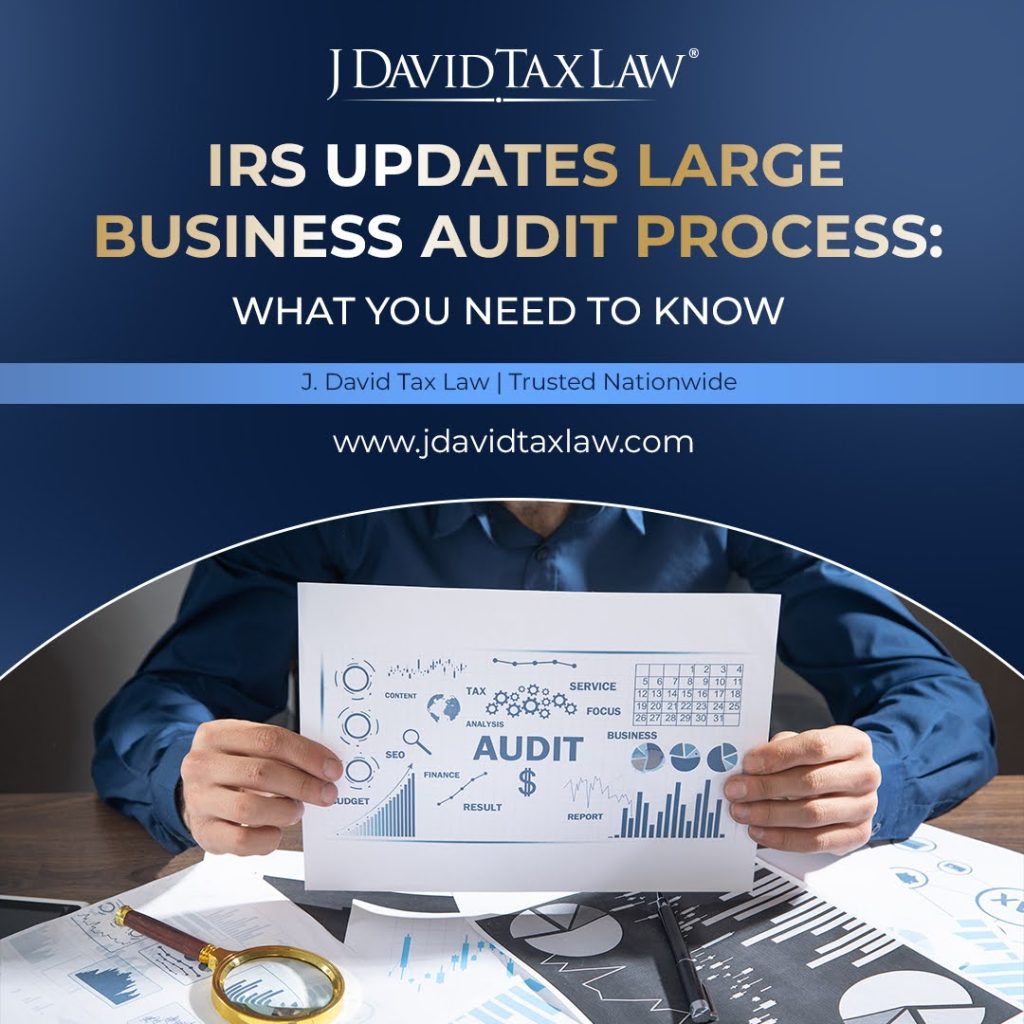
IRS Updates Large Business Audit Process: What You Need to Know
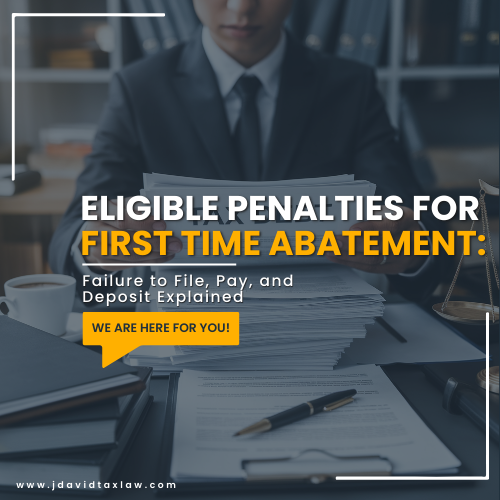
First Time Penalty Abatement | IRS Penalty Relief Options

Top 5 Reasons the IRS Denies Penalty Abatement Requests
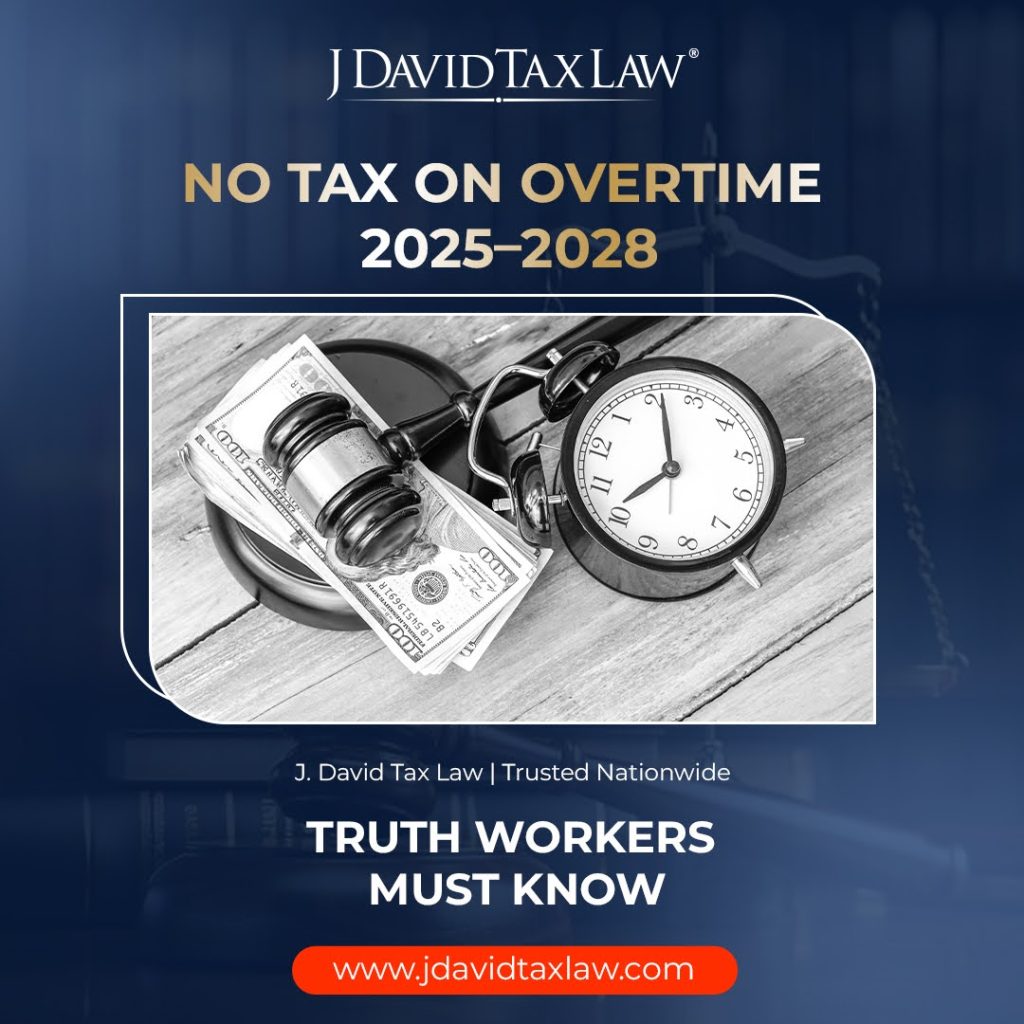
No Tax on Overtime 2025–2028: Truth Workers Must Know
Get IRS Tax Assistance Within 24 Hours
Call for Free Consultation